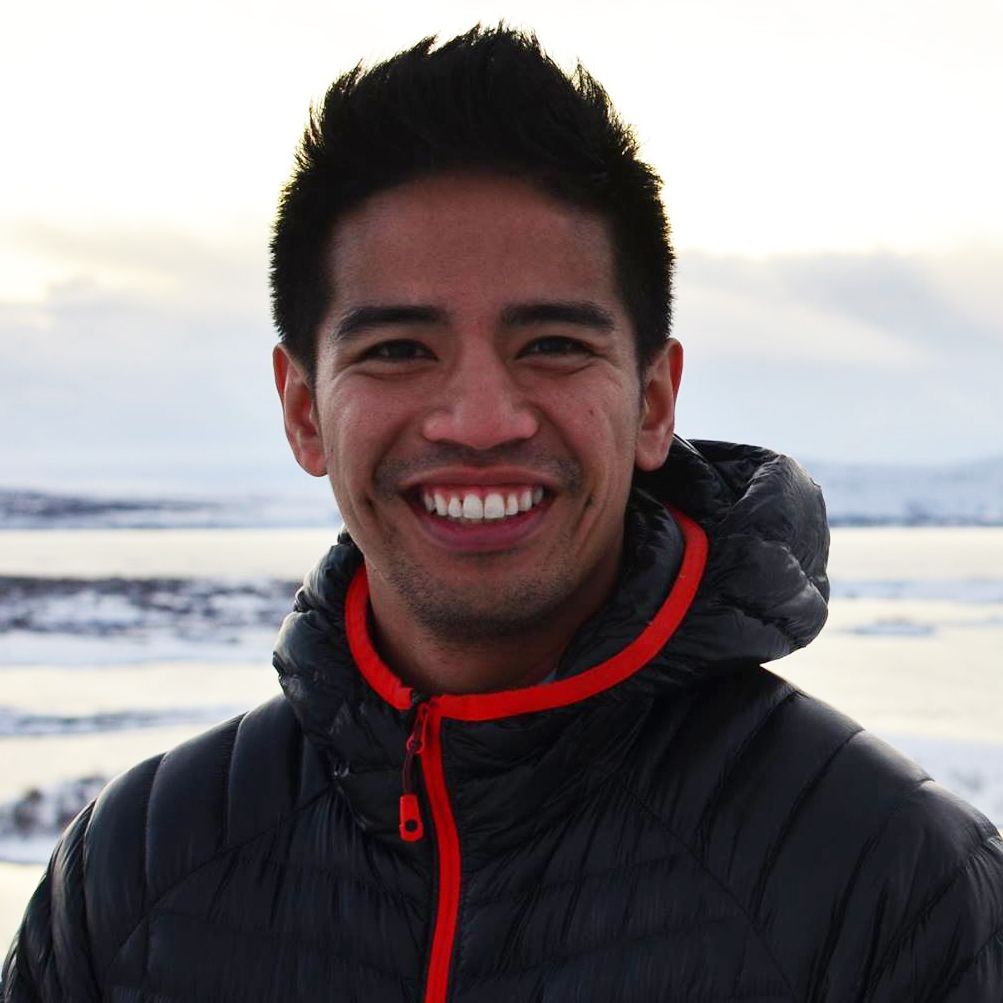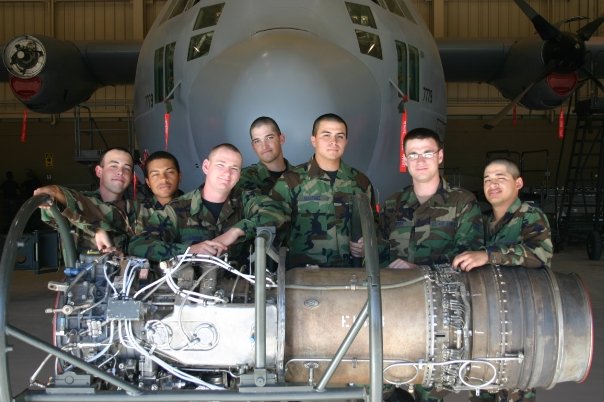In an interview with SwitchUp, Thomas and Remil discuss their backgrounds and how they went from servicemen to software engineers.

Through their service in the Air Force, both men discovered a love of problem solving and technology. Thomas worked for eight years as an aerospace propulsion technician, and Remil served as an engineer supporting the space and launch program.
While many students find it hard to adjust to a code school’s intense, immersive structure, both Remil and Thomas felt uniquely prepared for Code Fellows. The mental toughness, adaptability, and focus that servicemen and women learn was a huge help when beginning at Code Fellows. As Remil explains:
“After military “bootcamps” (rigorous training), I knew that there was light at the end of the tunnel. Also, I knew that I did not have to do it alone and that I could lean on the support of my classmates. I had the expectations that the program was going to be difficult and knew that there would be long days. I focused on my goal and knew that stress was a part of the process.”
Now that they have graduated from Code Fellows, Remil is working as a software engineer at a consulting/product company, and Thomas is in the process of interviewing. Both credit Code Fellows for helping them make the leap from little coding experience to being job ready. Thomas describes what makes Code Fellows unique:
“Coding doesn’t necessarily come natural to me. So the main challenges I faced were sticking to it when I felt that it may be a little too hard. The instructors here are very welcoming and help students understand those mental barriers and do their best to teach students how to manage those experiences and that this experience is a lifelong learning opportunity, when it comes to a software development career.”

The two agree that there is no silver bullet to learning to code. To become a successful software engineer, students will need to hustle before, during, and after their program. But, as Remil observes, it’s all worth it in the end:
“Even though the curriculum can take most of your time on many days, spend some time to go above and beyond to get a deeper knowledge of whatever language you are learning. I picked up a lot of things by keeping up with the JavaScript subreddit and following some of the more prominent JavaScript figures on Twitter as they are always posting amazing material on the most up-to-date info on coding.”
“Also,” he adds, "be a part of the coding community. Get to know your classmates well, join meetups, attend events, and take every opportunity to express your passion for tech. This will help with networking and opportunities in the future.”
